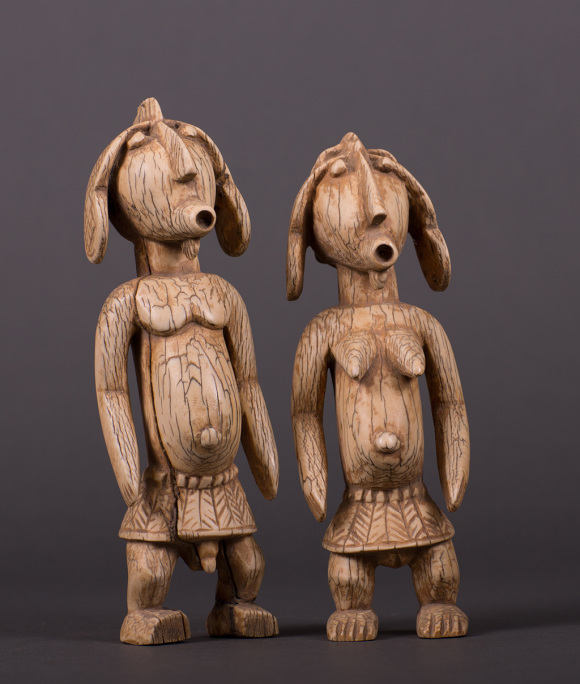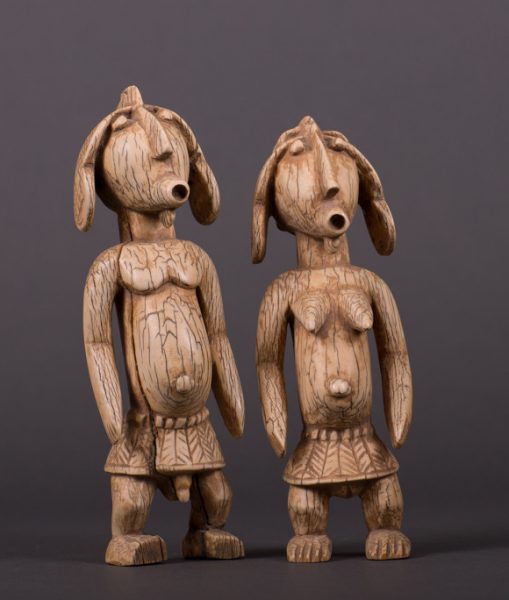In the far North Eastern Region of Nigeria, lies the Jenjo people (also spelt as Janjo). The Jenjo tribe is also known and referred to as the Dza people, or alternatively called Jen. They are predominantly found in Taraba state of Nigeria. Because Taraba state is referred to as ‘Nature’s gift to the nation’,[1] it is not out-of-place to regard the Jenjo tribe as a farming community. They farm coffee, tea, groundnuts and cotton as major cash crops.
As a result of their being located in the Mambilla Plateau region, they also raise livestock in large numbers; sheep, cattle and goats, as well as rabbits, poultry and swine. These crops and livestock production is done on large scale farming levels.[2] Basically then, the economy of the Jenjo people is characterized by farming activities; both crop and livestock/fishing.
Ethnicity and Geography: The Jenjo tribe is exclusively found in Nigeria, West Africa. They are predominantly located in Karim Lamido, Lau, Jalingo, Gassol, Ibi and Ardokola Local Governemt Areas of Taraba state; Numan and Lamurde Local Government Areas of Adamawa state; Balanga Local Government Area of Gombe state. The main town is referred to as Jen or Dza, along the River Benue.[3]
Beliefs: The Jenjo were quite a pure traditional African religious tribe, till around the 1940’s when Christian missionaries came to the ‘virgin’ land. Based on religious beliefs, the Jenjo tribe is regarded as 35% Christian, 10% Muslim and the bulk majority of 55% still adhering to the practice of the African Traditional Beliefs (ATR).[4]
Festivals: The major cultural festival of the Jen people is a hunting festival referred to as ‘Minhu’ hunting festival. This festival is held in Karim-Lamido L.G.A, April yearly. It is recognized by the Taraba state Government as a major festival.[5] The special market day of the Jen tribe however, in Karim-Lamido usually holds on Thursdays.

Food: The native food of the Jen people includes a special soup called ‘Dargaza’, natively called ‘Yuwah Juh’. It is the number one Jenjo soup. The ‘Dargaza’ is an elongated root like structured substance, usually prepared and cooked with all the ingredients at once, then allowed to cool off totally before being eaten. The ‘coldness’ allows for the ‘drawy’ nature of the soup to be more manifest and therefore, enhances the taste. Thenumber two soup is called ‘Yuwah Ninchi’ or the ‘miyan gunna’; which is quite similar to the popular ‘egusi soup’ or melon seed soup. A third popular soup is the ‘Yuwah Hinn’ or ‘miyan kifi danye ko busheshe’. In other words, the soup is made of ether fresh or dried fish.All the soups could be eaten with the native ‘Tuwo’, which could be made with sorghum or natively called‘Nvah Muh’, maize or or natively called ‘Nvah ihweh’, or the native ‘jigari’ or matively referred to as‘Nvah koh’. There is also much availability of Moringa leaves, usually referred to as ‘Zogale’ in the north; which is used to prepare the traditional salad, mixed with ‘Kuli-kuli’ or groundnut cakes. This serves as another special meal for the Jen people. There is also high availability of fish in the habitation of the Jen people therefore, their meals are well characterized with fish as a source of protein.
Names: The Jenjo people usually bear very beautiful and meaningful names; names such as Phychwemillah which means, ‘God has done it for me’, Yuankumaphew- meaning, ‘There’s none like God’, Nyimitayan-meaning-‘My heart is now calm and relaxed’. Other names include Phytami meaning-‘God has given me’ and Phiyemila which means ‘God, leave it for me’.
The Paramount traditional ruler of the Jenjo tribe is referred to as ‘Ivah Waka Zabteh’.
Sources: Taraba State Government, Joshua Project, Ethnologue, Taraba State
Feature Image Source: Kasuwa.be


